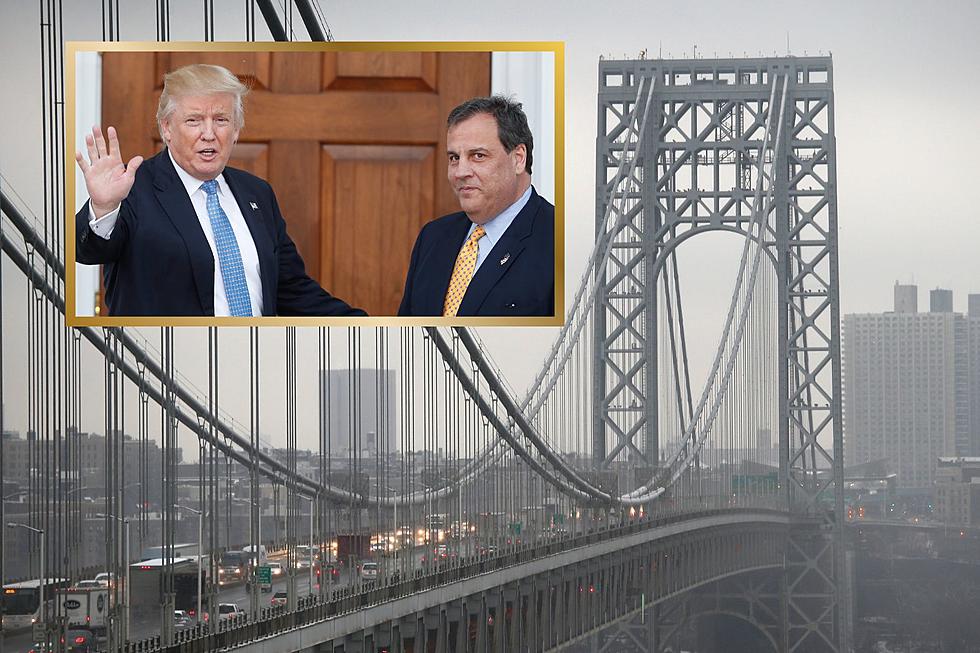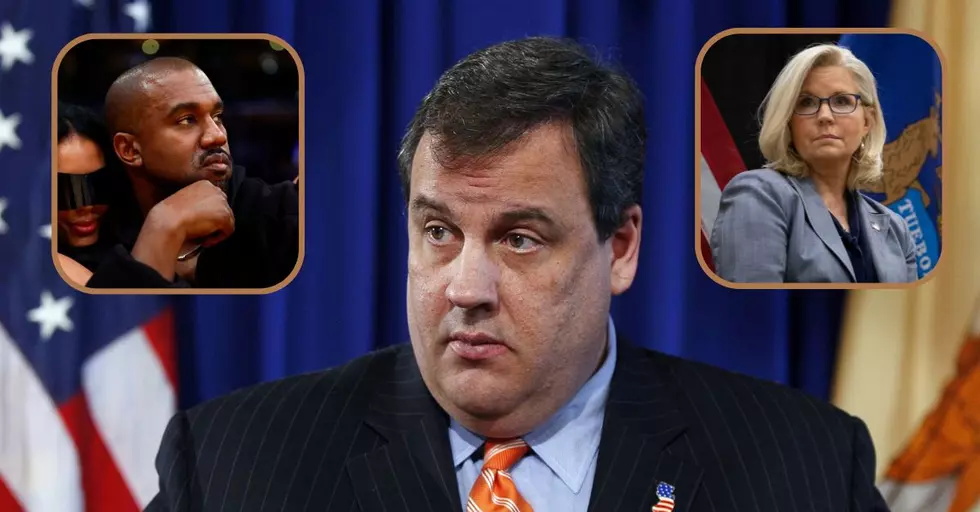
Christie vetoed them … Gov. Murphy might sign them into law
TRENTON — State lawmakers hold their first hearings of the new session Monday, and they’ll start by tackling some long-blocked priorities that will get new life under Gov. Phil Murphy.
Half of the bills up for consideration by Senate committees Monday were blocked by the former governor – seven of them vetoed, and another two directing how money would be spent by another program Christie rebuffed after withdrawing the state from it in 2011, the Regional Greenhouse Gas Initiative.
Christie killed 501 bills through vetoes in eight years, and it’s unlikely they’ll all be revived. But Senate President Steve Sweeney, D-Gloucester, said he told Democrats for years to only bring up bills under Christie they would want to do under a Democratic governor, because a lot of groups now expect their old bills to be enacted.
“I’ve told a lot of people that we put up a whole host of bills over the last eight years that we said were important. If they were important to pass under Gov. Christie, then they should be just as important if not more important to pass under Gov. Murphy and try to get them into law,” Sweeney said. “If it’s good for Christie, it’s got to be good for Murphy.”
In his inaugural address, Murphy specifically asked legislators to resend bills rejected by Christie on funding women’s health clinics, raising the minimum wage to $15 an hour, equal pay for women, sick leave for workers, expanding voting rights and stricter gun laws.
“And I promise you know that those bills will be met with a signing ceremony,” Murphy said.
Assemblyman John Burzichelli, D-Gloucester, said not all the bills vetoed in the Christie era fit into the categories Murphy cited as priorities and that not everything will get revived.
“I would say that all those groups probably have some expectation that something will happen in their favor quickly. But how rapidly that does happen remains to be seen,” Burzichelli said. “All those groups have expectations. That’s what campaigns bring.”
Montclair State University political scientist Brigid Callahan Harrison said over the last eight years, Democrats sponsored some bills they knew wouldn’t make into law just to be seen by their supporters as fighting Christie.
“In many ways, Gov. Christie was a handy foil for the Democrats in the Legislature, and particularly when we’re talking about measures that either increased spending or create policies that don’t have widespread support,” Harrison said.
Now, she said, those same supporters are going to pressure Murphy to sign those pieces of legislation – though the path through the Senate and Assembly might be tougher.
“You might see some internal opposition, as it were, among some Democrats in the Legislature that may not have been there had Christie been governor because they knew that he would veto it,” she said.
Assembly Minority Leader Jon Bramnick, R-Union, said that although the vetoes of the Christie era were frustrating to some lawmakers and groups, they were a necessary change in Trenton.
“Most of the people in the Legislature are former presidents of the student council, freeholders, mayors. And I include myself in this: We tend to say yes to things. We tend to try to be liked,” Bramnick said. “One thing Chris Christie was really good at, he was good at saying no. And down here, that has been the problem for years. The Legislature or prior governors didn’t say no. So that’s the goal – to say no to too much spending. And it’s really hard to say no.”
The previously vetoed bills up for hearings Monday include having New Jersey join the alliance of governments following the Paris Climate Accord, rejoining the other Northeast states in the carbon emissions cap-and-trade program known as RGGI, creating a partial return-to-work program as part of disabilities benefits, appropriating money to family-planning clinics and expanding Medicaid coverage for family planning services.
Another batch of bills Christie had blocked are set for Thursday hearings, including an extension of expired urban enterprise zones and mandatory recess for students from kindergarten through fifth grade.
And then there are some bills up for consideration that week that would respond to controversies of the Christie years.
One bill would make destroying historical sites an offense of criminal mischief. Last year, the state Department of Transportation demolished the Revolutionary War-era Hugg-Harrrison-Glover House in Bellmawr, a national historic site, to make way for the Direct Connection highway project connecting Interstate 295 with Route 42.
Also up for a vote: A bill requiring bi-state agencies, like the Port Authority of New York and New Jersey, to give advance notice to municipalities, like Fort Lee, about any projects or operations, such as traffic studies near the entrance to the George Washington Bridge, that may impede the free flow of traffic. You know, hypothetically speaking.
More From WOBM:
More From 92.7 WOBM










